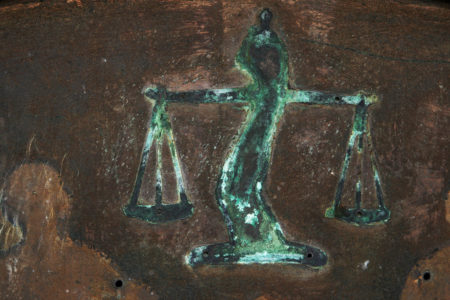
This article was originally published by openDemocracy on 15 August 2016.
As the testimonies of survivors of sexual violence in Sri Lanka’s long war enter the public domain and the government designs transitional justice mechanisms, is an end to impunity in sight?
The Sri Lankan government is currently designing transitional justice mechanisms to address human rights abuses connected to the three decade long war which ended in May 2009. But a key question is whether victims of sexual violence and rape committed in the context of the war will come forward and use these mechanisms?
The silence around sexual violence has long posed a challenge to determining its nature, scale and magnitude in the context of Sri Lanka’s long war. On the one hand, this is due to the pervasive culture of shame, which deters women from speaking out. Twenty-five years ago, in Broken Palmyrah Rajini Thiranagama noted that the “loss of virginity in a young girl, even if against her will, meant that she could not aspire to marriage in our society and, if already married, there is a good chance that she will be abandoned”.
The view of rape victims as “spoilt goods” has always been one of the most significant causes of under-reporting. Survivors and their families are however silenced not only by the shame of rape, but also by fear. Fear of reprisal by perpetrators or of further violence from the very institutions meant to protect them. That too remains unchanged.
